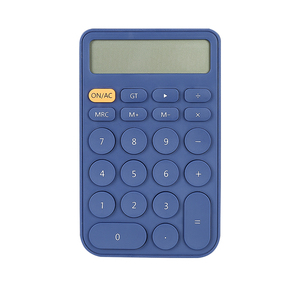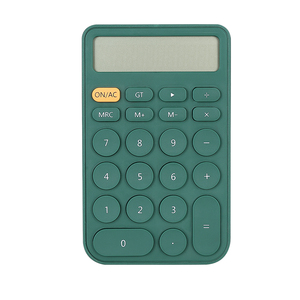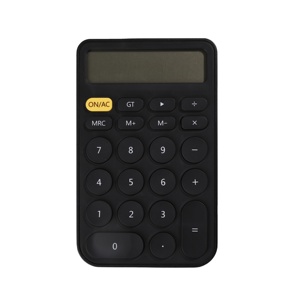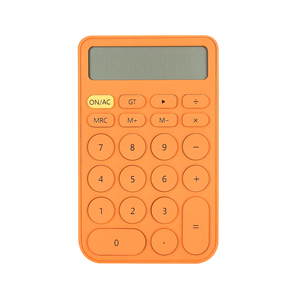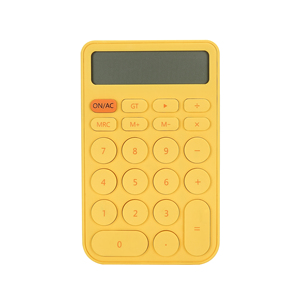Introduction to Scientific Calculator Maths
A scientific calculator is an essential tool for students and professionals in the field of mathematics, engineering, and science. It is designed to handle a wide array of mathematical functions, making it a versatile device for anyone needing accurate calculations. From basic arithmetic to complex equations, a scientific calculator can assist users in accurately solving problems and performing computations efficiently.
Types of Scientific Calculator Maths
- Basic Scientific Calculators: These are equipped with essential mathematical functions including addition, subtraction, multiplication, and division, along with trigonometric functions.
- Graphing Scientific Calculators: These advanced models allow for graph plotting, providing users with visual representations of functions, alongside standard mathematical functions.
- Programmable Scientific Calculators: These calculators can be programmed to perform specific tasks and calculations, ideal for complex problem-solving in advanced mathematics.
- Statistical Scientific Calculators: Focused on statistical analysis, these calculators can compute mean, median, mode, standard deviation, and more.
Function and Feature of Scientific Calculator Maths
- Multi-function Capabilities: Scientific calculators typically incorporate a variety of functions including logarithms, exponentials, and trigonometric functions (sine, cosine, tangent).
- Memory Functions: Many models feature memory storage options, allowing users to save and recall numbers for convenience in multi-step calculations.
- Display Quality: A high-quality display is crucial; many scientific calculators offer large LCD or graphing displays for better readability and usability.
- Battery and Solar Options: Most scientific calculators are powered by batteries, with some models offering solar power to extend usage time and convenience.
Applications of Scientific Calculator Maths
- Education: Widely used in classrooms, scientific calculators assist students in understanding concepts of algebra, calculus, and other mathematics courses.
- Engineering: Engineers leverage scientific calculators for various calculations and design processes, ensuring precise measurements and results.
- Research: In scientific research, these calculators are invaluable tools for data analysis, statistical calculations, and experimental computations.
- Finance: Financial analysts utilize scientific calculators for determining interest rates, profit margins, and other financial calculations.
Advantages of Using Scientific Calculator Maths
- Accuracy: Scientific calculators provide accurate results, minimizing human error and enhancing reliability in calculations.
- Time Efficiency: With built-in functions for complex calculations, these calculators save time and increase productivity for both students and professionals.
- User-friendly Interface: Most modern calculators are designed to be intuitive, allowing users of varying skill levels to operate them with ease.
- Portable Size: Lightweight and compact, scientific calculators can be easily carried to classes, offices, or wherever needed, making them convenient tools for on-the-go calculations.










